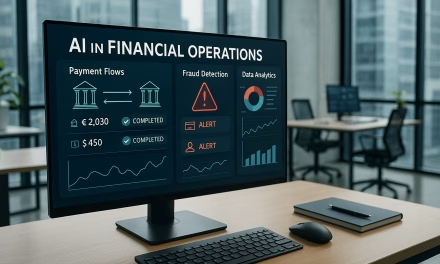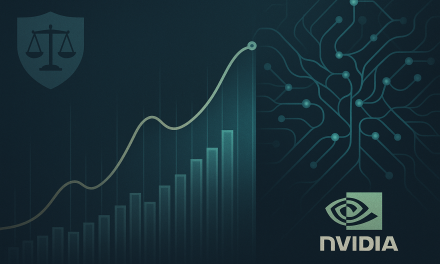July 12, 2025, highlights the complex yet crucial interplay between Artificial Intelligence innovation and regulatory oversight in the financial sector. The day’s news underscores both the rapid practical adoption of AI and the urgent need for clear guidelines to ensure responsible development and deployment.
A prime example of AI’s practical impact is Bank of America’s AI virtual assistant, “Erica,” which has reached a significant milestone, handling over 1 billion client requests. Erica performs a wide range of tasks, from password resets and spending pattern analysis to providing financial insights, demonstrating AI’s capability to enhance customer service and operational efficiency at scale. This widespread adoption by major financial institutions signals AI’s indispensable role in modern banking.
However, this rapid integration is accompanied by calls from regulators to expand “no-action” sandboxes for AI models. These sandboxes would allow firms to pilot AI models without immediate enforcement concerns, fostering innovation while providing a controlled environment for testing and learning. There’s also an urgent demand for clearer guidance on recordkeeping for AI-generated content, recognizing the unique challenges AI poses for compliance and audit trails.
The financial markets are also reflecting AI’s growing influence. NVIDIA continues to hit new highs, driven by projections that data center spending will surge to nearly $1.7 trillion by 2035, and the generative AI market is expected to reach $4.8 trillion by 2033. Companies like Taiwan Semiconductor are positioned for significant growth due to increasing AI-related revenue, further solidifying AI’s economic impact.
The developments on July 12, 2025, collectively illustrate that the future of AI in finance hinges on a delicate balance. While innovation is driving unprecedented efficiencies and new service offerings, robust regulatory frameworks and a commitment to responsible AI practices are essential to build trust, mitigate risks, and ensure a secure and equitable financial future.





